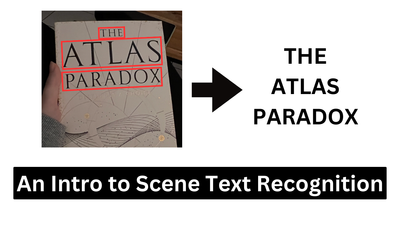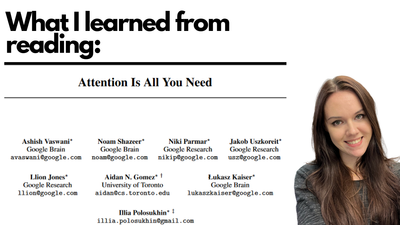5 Tips for Reading Scientific proof-based Papers
When I started working towards my master thesis I got overwhelmed with 30 page papers where each proof made ZERO sense to me. I would skip the proofs and then not understand what the paper was saying because the statements by themselves weren't easy to grasp without sketching the idea out on paper yourself.
I resorted to googling "how to read scientific papers" - surely I must be missing a trick... But all results were about papers based on experiments. They would give tips like "look at all figures in detail first", "understand the experimental methods used" and "look at the results of the experiments", all of which don't apply to proof based papers.
So here I want to share some things I have learned on my journey so far from from more experienced people and through my own experience:
1. Don't give up. They are hard for most people - it's not you.
Especially if you are new to reading papers like me. It gets a bit easier after you have read (and maybe written) dozens of papers but even then working through mathematical proofs simply requires work. The better your math-foundations are, the easier or faster, but it's still work for everyone.
Reading a scientific paper is not like reading a novel. Papers are often condensed so they fit into the page requirements of the journal or conference. And the authors are experts of many years in their subject, so things that might be simple for them are not simple for everyone.
So be patient and take your time with it. You'll get there.
2. Find a paper whose topic REALLY interests you.
This is related to Tip 1. If the topic is boring to you, every minute will feel like torture and you won't retain information as easily. It helps if you really want to understand the reason behind the theorem.
If you can't choose the paper yourself because it got chosen for you by your course or supervisor, then try and find a reason why this area of research could be exciting. Which brings me to:
3. Consider the bigger picture.
Look at the bigger picture and imagine the consequences of this work or what the paper is working towards. For this it can help to download some of the papers mentioned in the introduction or related work sections. Read their abstracts, introductions and maybe conclusions. Often papers state their motivation in the introduction and give ideas for future work in this area in the summary/conclusion.
Our brain loves context and it will be easier to understand the paper and remember details if you have some related knowledge on which you can anchor the new information.
Hopefully you also find some exciting implications of the work. For example, a paper that seems very mathematical and dry could include some theorems that could have exciting consequences for image recognition tasks in the AI field. Or you could learn about an equation that people have tried to proof for decades and this new paper could bring everyone one stop closer.
Of course, not every paper is the next big thing and some of them might just be boring, but even those can have some implication for the field or just give you an idea on how to do it better.
4. Read the introduction and conclusion first.
The introduction helps you understand what the rough context of the paper is and the key points that it wants to show.
The conclusion on the other hand will tell you what was accomplished in the paper and what turned out to be false or what still needs to be researched in future work.
Both of these things are important to know before diving into the details, because now you know what to expect from the theory in between which makes that easier to understand.
5. Work through the proofs in detail line by line.
You could try to read the paper without reading the proofs and if you just want to check if the paper is of interest to your research, that is totally fine (see Tip 2). But to properly understand the theorems you will need to understand how they work or why certain limitations on the problem were introduced before stating the claim.
It also makes you more familiar with the topic and you are less likely to forget the theorem completely after you have worked through the little steps of it.
These are my first tips I found useful. When I learn more about the topic I will write more guides so others can learn from my suffering 😅
Let me know in the comments, if you have more tips on how to read theoretic papers more efficiently!



